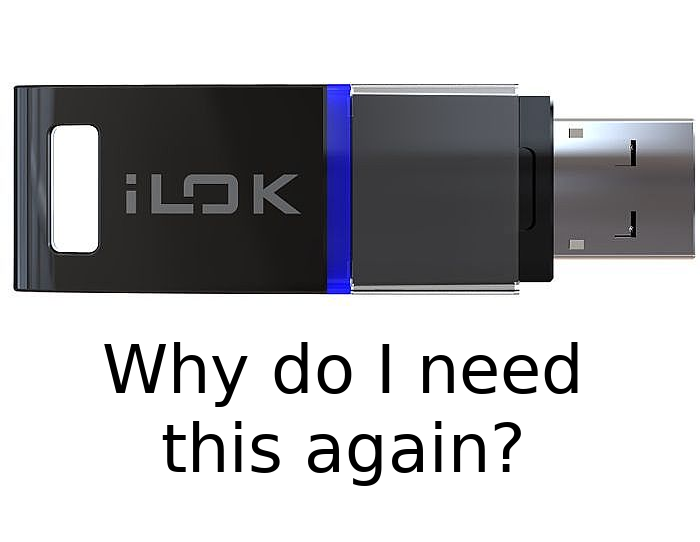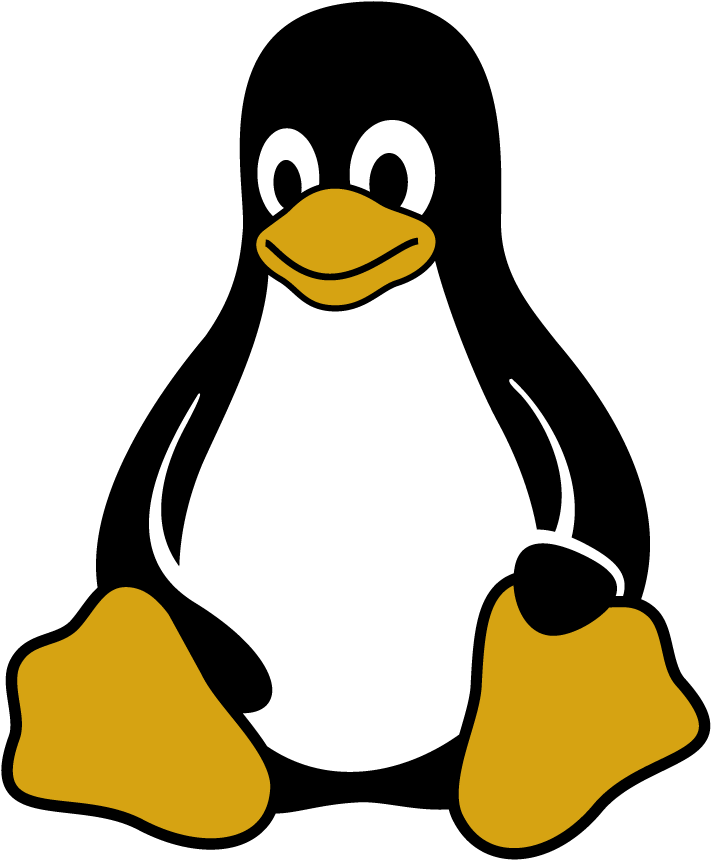
Podcasts, music, DJing, there are plenty of uses for digital audio workstations (DAW for short) that you may take advantage of when creating content. You might be editing MIDI on your Mac in Logic, mixing a 100 track monstrosity in Pro Tools, or recording a show in Cubase. These tools are all excellent and have earned their place in the music industry by catering to professionals whose backgrounds more closely reflect the age of massive recording consoles and rack compressors. While they have served artists and mixing engineers extremely well and have produced countless hits heard around the world, there are clear barriers of entry for the producer or mixer starting out in their bedroom: accessibility, licensing, and price.
Commercial DAWs and Walled Gardens

Many commercial DAWs make use of elaborate DRM and walled garden strategies to lock users in to a certain product sphere. Logic can only be purchased on the Apple App Store and only run on macOS. The Waves plugin suite requires not only their software management suite to install the plugins, but their licensing is so strict that using software you rightfully purchased requires a dongle or their software suite to transfer usage rights to another computer you own. This is not only cumbersome, but the dongle itself costs $50! If you lose it, you may not even be able to use the software you already spent hundreds of dollars on.
The DRM here plays in to the accessibility via the two other mechanisms I listed above: licensing and price. The price is the initial barrier to entry. Plugins claim to emulate the features of expensive studio hardware, and so are priced based on that physical paradigm. But when there is no physical manufacturing cost, should a company justify pricing plugin software based on the value of physical hardware? I would argue that it shouldn't, as it leaves the bedroom producer priced out of creative freedom and exacerbates class disparity in the realm of musical and creative expression. The licensing compounds this problem by restricting access to the software based on operating system, tying software usage rights to specific hardware, and locking the user in to product "bubbles" whereby a user is encouraged to stay within a particular ecosystem. In promising creative freedom, these firms have effectively, in some faustian deal with the user, actually taken it away along with other freedoms!
There's a Better Way

While a Linux-based DAW is no silver bullet, it will respect the user's freedoms much more than its commercial counterparts. It directly addresses the problems of accessibility, licensing, and price by providing almost no barriers in overcoming any of them. In the near future, I will be covering the philosophies and reasons behind using various Linux-based audio solutions (both open source and commercial), as well as tutorials on various topics ranging from beginner (eg. how to connect your interface) to more advanced (what exactly do the attack and release knobs on a compressor do?).
This blog post is meant to be a primer and somewhat of an establishing document of the topics I will be writing about and the vantage point from which I evaluate them. My belief is that making music should be accessible to everyone, with quality tools that produce results and encourage learning and sharing. Please let me know if you have any comments or questions, or even requests for particular content!
~leftbehind
Thanks for the info.

Very interesting @leftbehind we can follow each other and you will never be left behind.
Congratulations @leftbehind! You have completed the following achievement on the Steem blockchain and have been rewarded with new badge(s) :
Click here to view your Board
If you no longer want to receive notifications, reply to this comment with the word
STOPTo support your work, I also upvoted your post!